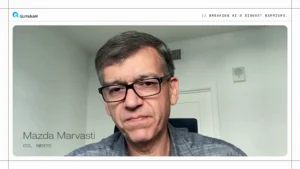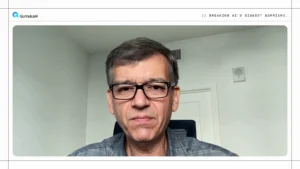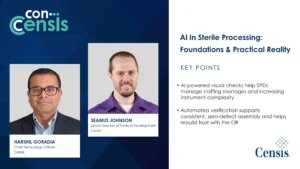Are Colorado’s Crafty Healthcare Incentives an Effective Strategy to Lower State Care Costs?
Colorado has some of the most expensive healthcare in the U.S., which already spends more than any other country on administering healthcare. Some studies place it in the top half of most expensive states for care in the U.S., while others place it in the top 10. In 2018, for example, Colorado’s average price per patient was 22.8% higher than the U.S. national media. Regardless, it’s fair to say that the state is in need of creative solutions to lower cost of care without discouraging patients from seeking treatment. Could healthcare incentives do the trick?
In a recent move to negotiate lower health care prices among employers including the state of Colorado itself, the Colorado Purchasing Alliance is aiming to launch healthcare incentives to motivate patients to seek care at low-cost but high-quality care centers. Effectively, Colorado employers are paying cash to employees (who are signed up for the state’s self-funded health plan) if they choose care that contributes to lowering overall costs of care across the state.
Patients are encouraged, through reward program checks, to choose providers ranked in the top 25% of quality while also in the top 25% of cost-effectiveness through the state’s Healthcare Bluebook. These healthcare incentives could be as little as $50 or as high as thousands of dollars if patients are undergoing surgery. Pretty enticing, no? Save the state money and make money in the process by getting better-than-average care? What’s not to love?
It’s worth weighing out, though, if this strategy is sustainable and actually effective at motivating patients to seek better care, cheaper care, and effectively lower cost of care across the state. Is it reasonable to find care that is both low-cost and top notch quality? Kevin Stevenson, seasoned health system administrator and host of “I Don’t Care” gives his take on the efficacy and efficiency of this healthcare incentives strategy.
Kevin’s Thoughts
“Understand that Colorado’s encouraging giving patients cash incentives to seek care at state-approved high-quality and low-cost providers to lower overall healthcare costs. I think from my perspective, the issue is, what is state approved?
I have a little bit of an issue with that just because sometimes the lowest-cost provider does not provide the highest quality. And this also can get in the way of the patient-physician relationship where the physician may prefer one facility because they know of the quality, they have good experience there, but all the patient may see is, ‘Hey, I’m getting some money back on this.’ So I think this opens the door for an interesting conundrum. I think it’s always great whenever patients can do their own research and look up the highest-quality providers.
But when you throw in the possibility of gaining some sort of a cash incentive, I think that may damage the overall relationship and could ultimately harm the patients. Just my thoughts on that.”









